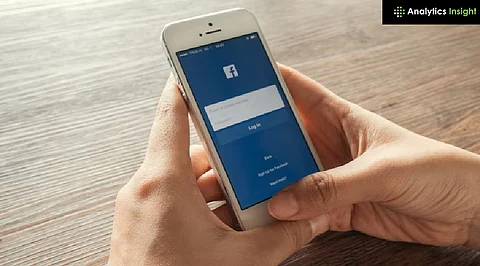

Immediate action is essential to prevent further damage.
Use Facebook’s dedicated recovery tools to regain access.
Update passwords, enable 2FA, and review suspicious activity afterward.
Due to its vast user base, Facebook is a prime target for hackers. If you find yourself locked out, notice unusual login activity, or discover unauthorized posts, your account may have been compromised. Fortunately, account recovery is possible. To initiate the process, visit Facebook's compromised account page and report the issue. You can then reset your password using your registered phone number or email address.
If the issue persists, utilize Facebook's identity verification processes to further secure your account. Once access is restored, review your login sessions and enable two-factor authentication (2FA) for added protection. Additionally, remove any suspicious apps to prevent future vulnerabilities. Prompt action can help mitigate damage, protect your account, and prevent subsequent breaches.
Visit: facebook.com/hacked first step is the Facebook hacked help page.
Officially, Facebook uses this tool for managing account recovery.
Start by clicking 'My account is compromised.'
To find the account, enter email, phone number, or complete name.
Start the process of rehabilitation with Facebook's guided questions.
This phase starts a safe path that Facebook can use to assist with access restoration.
From the login screen, select 'Forgot Password?'
Opt to get a code via SMS or email.
Once received, click the link to change the password.
Choose a strong password; never recycle old ones.
Should the hacker have altered recovery information, identification verification will be required.
Also read: How to Secure Your Google Account from Potential Hacks?
If your login methods have been changed, Facebook may request additional information to prove your identity.
Be prepared to:
Upload a valid government-issued ID (passport, driver’s license, etc.).
Answer questions about previous passwords, birth date, or trusted contacts.
Wait 24–72 hours while Facebook verifies your request.
This step can feel lengthy, but it’s crucial for secure Facebook login restoration.
Once you have regained access, immediately check for unauthorized sessions:
Navigate to Settings > Security and Login > Where You are Logged In
End any unfamiliar logins or suspicious devices.
You can also log out of all sessions for added safety.
This stops hackers from continuing to access your profile.
Now that you are back in, it is time to tighten your security.
Change the password on any email linked to Facebook.
Enable Two-Factor Authentication (2FA) for better protection.
Review login activity and devices frequently.
Remove any unfamiliar apps under Settings > Apps and Websites.
Enabling Facebook 2FA setup ensures that even if someone gets your password, they can’t log in without your device.
Let your close friends or contacts know your account was hacked, especially if spam or phishing messages were sent from your profile. Use Facebook’s built-in Report feature to flag any harmful content the hacker may have posted.
Although recovering a compromised Facebook account might seem daunting, responding quickly can significantly help. Visit Facebook's official recovery tool first to access and promptly reset the password. Verify identification with appropriate paperwork if needed.
Review login activities, shut off unidentifiable devices, implement Two-Factor Authentication, and change passwords for associated applications and email accounts once back in. Eliminate any dubious outside integrations and notify friends should messages from the profile are delivered.
These actions not only help regain control but also fortify defences against further attacks.
Also read: Facebook Account Hijacking: How to Recognize and Prevent It?
